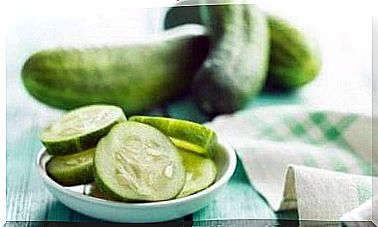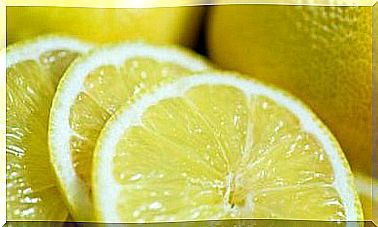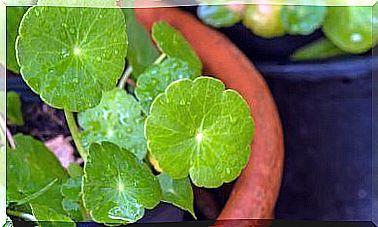Turn Up The Taste Of Your Vegetable Dishes With These Tips

Turn up the taste of your vegetable dishes, read here! Cooking is never an easy task. In addition, it is a challenge in itself to try to build the taste of a dish to make it enjoyable for every family member, especially when it comes to vegetable dishes.
Let us not forget that the way the human body recognizes taste is linked to the taste that food has. Therefore, the taste of food is what gives us the feeling of pleasure when we eat it.
But with vegetables, it’s a different story. Perhaps the aversion to this food group has grown from associating it with what our mother gave us to eat and with what our mouths have had to go through
Turn up the flavor of your vegetable dishes
No matter what the cause, many people are not fans of vegetables. But how to prepare the food can make a big difference.
Here is a list of some great tips to try when you are in the kitchen.
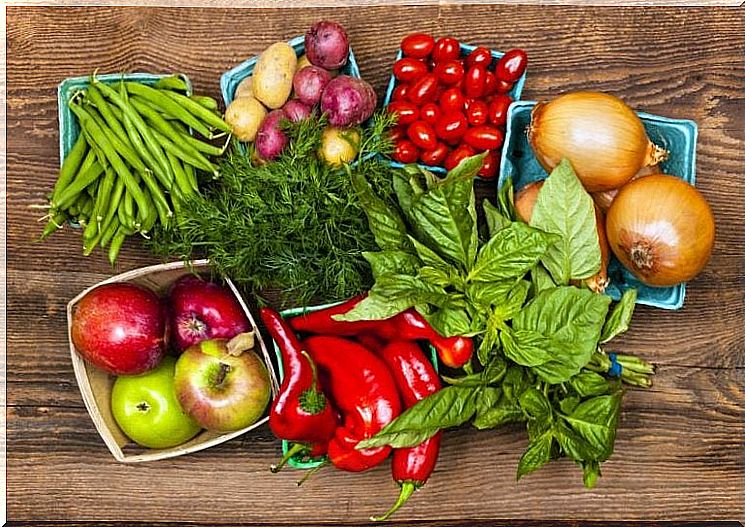
Salty, sweet, bitter, spicy: anything is possible
Everyone can tell you that vegetables are wonderful for your health.
But that brings up another question: Why is it so hard to eat them if they are so wonderful?
It probably has something to do with the negative memories that the flavors produce in our mouths.
This set of little tips can help you enjoy the exquisite flavors of vegetables.
Sweet
Even though you may not believe it, most vegetables have a high sugar content. It varies depending on the vegetable. In other words, radishes and cabbage are both vegetables, but they do not have the same sugar content. In addition, the sugar content varies according to how you prepare the vegetables.
Therefore, dry cooking such as grilling or frying can counteract any bitter taste that vegetables may have because caramelization of their sugar intensifies their taste.
If the vegetables are coated with oil, something known as the “Maillard effect” occurs.
The hot oil quickly evaporates the moisture of the surface. As a result, we end up with softer vegetables with a great look.
At the same time, their taste is nice and sweet, and they form good accompaniments to other ingredients.
The salt

Now we are moving in for more preferential reasons: How people season their food tends to depend on their culture.
For example, in India it is common to use spices that are strong (curry, garlic, chives, soy sauce, peppers) to give food a distinctive taste.
But if you’re the type of person who loves to use salt when seasoning vegetables, you need to know how to use it:
- With mushrooms, coriander, garlic or onions, measure how much salt you use. These ingredients can lose their flavor and using too much salt would therefore be counterproductive.
- On the other hand, it is 100% recommended for use in sweeter dishes and on sweeter ingredients such as squash or palm lily.
It is a matter of testing whether the flavors are just right or not.
Bitter
While it may come as a surprise to you, a bitter taste is more useful to your dishes than you could ever imagine. Thanks to the unique elements of their bitter characters , they stand in contrast to the sweet tastes.
Peppermint paired with peas or peas and potatoes or parsley in salad dishes with a sweet dressing are some obvious examples.
In addition, cumin is a perfect match for roasted carrots.
Spicy
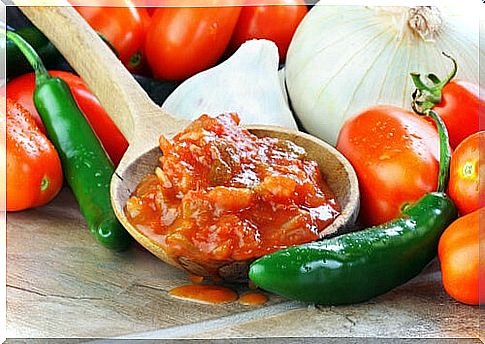
Before using this tip, always keep in mind that over-seasoning your dishes tends to be counterproductive to your health.
However, it is only fair to emphasize again that if you can control how often you use it, then a simple spice can highlight certain foods through their strong and exotic flavors.
The most well-known strong vegetable is chili pepper. This little ingredient gives a distinct feeling and reaction in the taste buds.
Paired with other vegetables, they give your dishes a fabulous blend of flavor nuances.
Acid
Vegetables rarely contain the acidity that our palates enjoy.
However, we know that anything is possible in the kitchen. If you want to add a sour touch to your vegetable dishes, lemon (which is a fruit) is your best ally.
Even if it is a splash of juice to give your dish a little moisture, the result will always be beneficial.
It is common to use this sour trick in salads and it is almost always pleasant for all palates. Just as is the case with olive oil, vinegar or mustard, so it is a matter of taste.
Do not forget that cooking is an art that involves freedom, creativity, love and commitment.
If you decide to try several bold combinations of vegetables and other types of foods, you can do just that.
How often do you make vegetable dishes?


